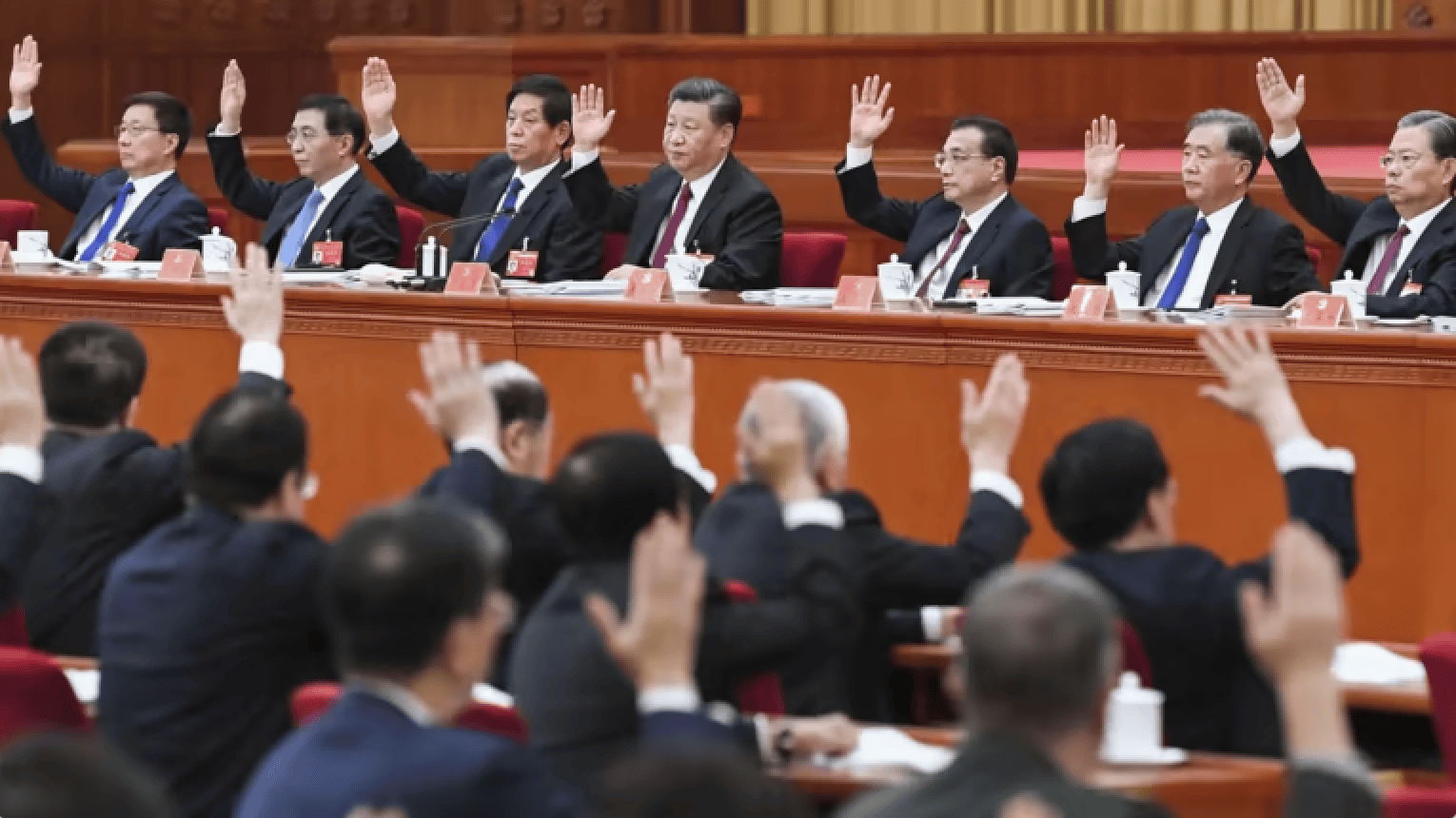
It's important to note that Asia is a vast and diverse continent with numerous cultures, traditions, and histories. As such, decision making in Asia can vary significantly from one country or region to another. However, some general characteristics are often associated with decision-making in Asia and can be contrasted with Western approaches. Keep in mind that these are generalisations and may not apply to every situation or individual:
- Collectivism vs Individualism: Asian cultures often prioritise the collective good over individual interests. This might mean that decisions are made with the broader community or organisation in mind rather than focusing solely on personal benefits.
- Hierarchical structures: Decision-making in many Asian cultures tends to follow a hierarchical order. Subordinates usually show respect and deference to their superiors, who often have the final say in important decisions. This contrasts with the more egalitarian approach seen in some Western societies.
- Consensus-based decision-making: In some Asian cultures, particularly Japan, decisions are often made by building consensus among all involved parties. This can lead to a slower decision-making process, but it ensures everyone's opinions are considered and valued.
- Indirect communication: Decision-making in Asia may involve more indirect communication styles, such as using metaphors, analogies, or gestures, rather than explicitly stating one's opinions or intentions. This contrasts with Western cultures’ more direct, assertive communication styles.
- Harmony and face-saving: Many Asian cultures place a high value on maintaining harmony and saving face. This means that decisions may be made in a way that avoids conflict or embarrassment, even if it leads to a less optimal outcome.
- Long-term orientation: Asian cultures may be more likely to take a long-term perspective when making decisions, focusing on the potential future implications and stability. This can contrast with the more short-term, results-oriented focus often found in Western cultures.
- Relationship-based decision-making: In some Asian cultures, relationships and trust play a crucial role. Decisions might be influenced by the strength of personal connections and loyalty rather than solely on objective criteria or merit.
These are just some general trends, and it's essential to understand that the decision-making process may differ significantly depending on the specific country, culture, or context in question.


